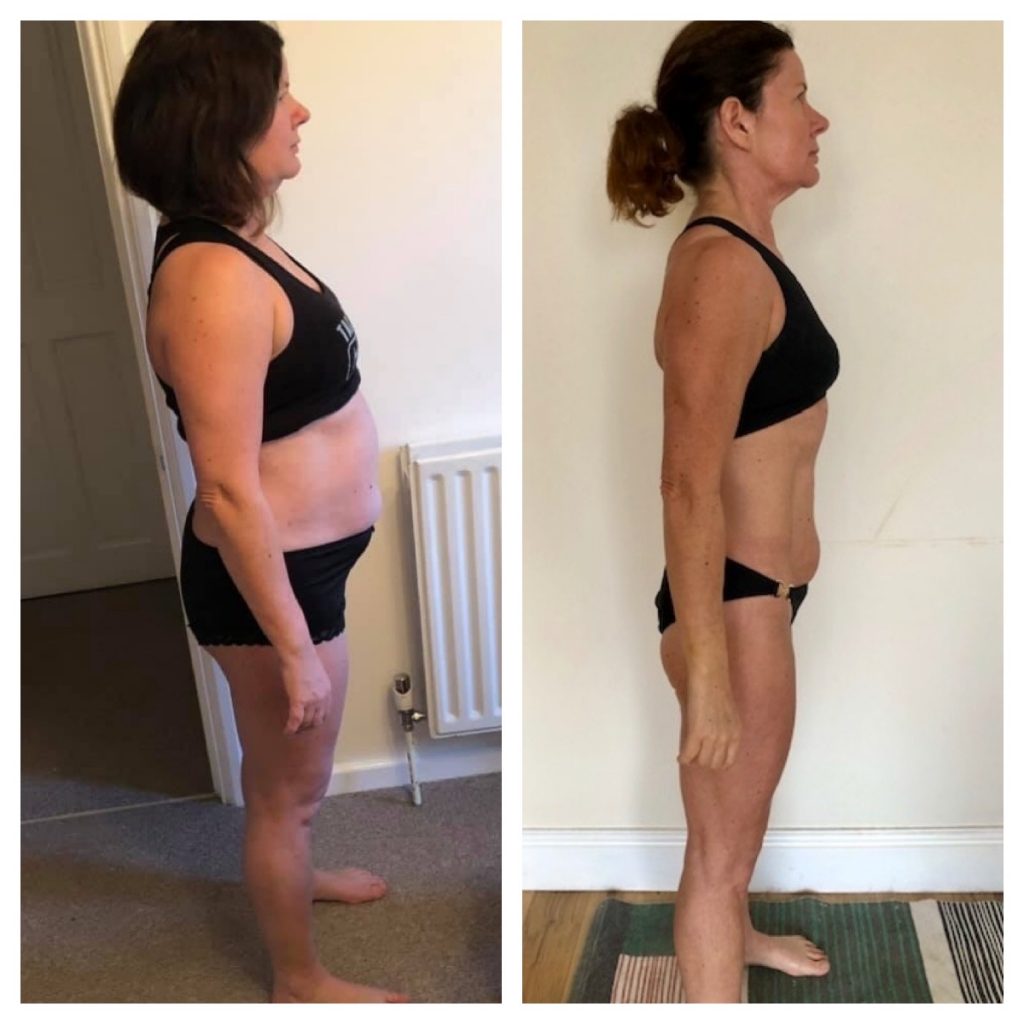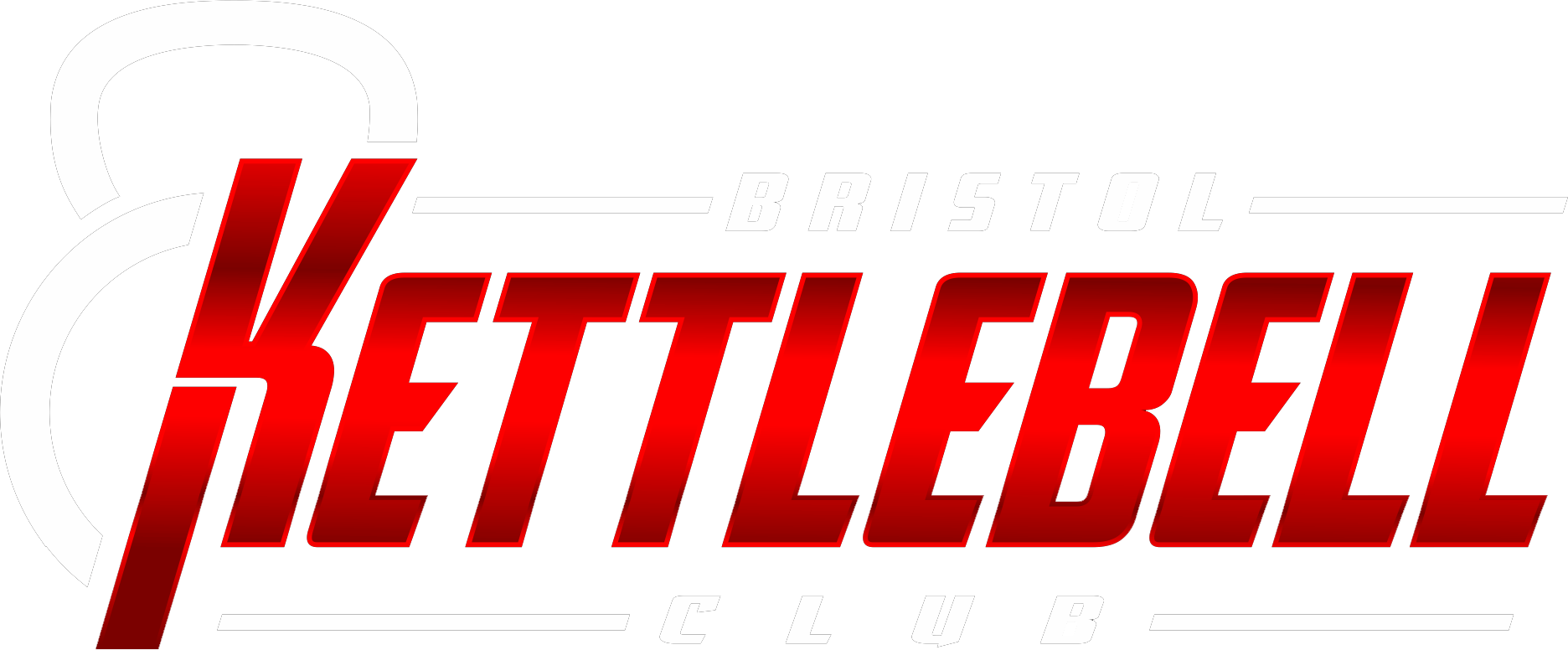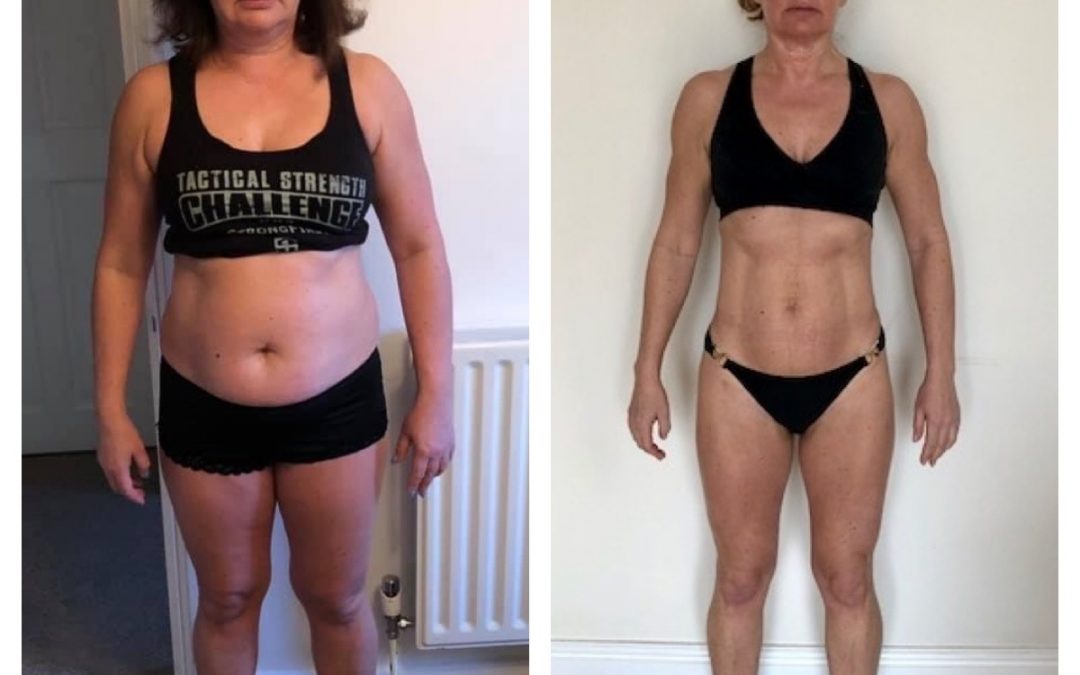This is what going ‘all in’ with laser like focus on your goal for one year looks like!
Diagnosed with high blood pressure, anxiety and depression, when Glynis came to me at the start of 2019 she was the heaviest she’d ever been.
Being the smart cookie that she is, she knew that a holistic approach to diet and exercise would alleviate most of her problems. So she made the decision to get back on track with her health and fitness.
Over the next 13 months I helped Glynis systematically upgrade all aspects of her health, nutrition, training and mindset.
The process for my nutrition coaching service is to meet with the client in person or online every two weeks. During these sessions we discuss all things relating to health and nutrition and more specifically, the challenges and obstacles that each individual is up against.
Glynis was no stranger to dieting and had tried various diets before, but as you are probably aware, dieting is not the answer. What she needed and what every body needs is to spend more time on auto regulation of eating, which is a skill like eating slowly to recognise when you’re become full, and on becoming more mindful and conscientious around eating decisions and habits.
My style of coaching is client centred and collaborative, after discussing the various obstacles and things Glynis needed to start doing, we’d agree on one main thing to practice for two weeks. If that wasn’t enough time to really master it, she’d stay with that practice until it becomes easier. Often that would involve other factors like time management or conquering emotions. What ever the obstacle is we continue to work on it until we make improvement. The goal being to make the new practice the default option. An example might be checking in with yourself when craving a snack and sitting with it for a while to distinguish between real hunger, boredom, emotions, unwanted thoughts etc, realising that you don’t need to act on those impulses and continuing to make good eating decisions.
Glynis was very good at implementing these new practices and almost straight away we saw a gradual decline in her body fat. Every time she got on my scale her body fat numbers moved down a little. Collecting this data turned out to be extremely important as after a few months we noticed a trend start to appear. It would be slow progress for several weeks, she might lose a pound or two, but this barely affected the body fat reading, but at every 6 weeks we’d see a big 2-3% drop in body fat. This trend continued for the entire year.
This was a very useful insight, it enabled her to trust in the process. Staying in a calorie deficit for long periods can be a very hard thing to do, but having this data to validate that what she was doing was working made all the difference and easier to stay on track.
Always collect data!

One thing Glynis absolutely didn’t want to do was count calories, and that was fine with me. Counting calories can be a useful practice to gain some understanding of the energy cost of food, but for most its a tedious task that they don’t want to do. It can also be very inaccurate with lots of room for error. For example, food companies are allowed to be 20% out on their calculations. When I’m working with a client I’m much more interested in if this person can plate balanced meals, and if they can go long periods in between meals without eating, and if they can’t why not. Thats where we’ll find the behaviours that need to be worked on and improved.
If you can do those two things consistently (plate balanced meals and not eat in-between meals), combined with some movement and exercise, you’re going to gradually lose weight. Glynis became very good at this and ended up only needing to eat two meals per day, with the odd deliberate snack between.
Over the 13 months of coaching she lost a total of 14kg in weight, her body fat went from 44% down to 27%, and BMI from 27 down to 21. Her waist line measured 36.5 inches and is now 28 inches. Furthermore she’s continued to maintain a good physique all the way through lockdown without my help.
When I asked her what she had learned during the process, this is what she had to say:
Fat loss is slower than first realised
Don’t obsess over one body part/area. You have no control over where it reduces from, so don’t stress over it, just keep on going and trust the process.
Realised that eating isn’t an emergency and can go long breaks between eating and not be affected physically or mentally.
If you want to change your body shape, increase muscle etc, focus on body fat reduction first.
Learnt patience.
Its ok if people act different towards you. They are just at a different stage of life.
Accept that accountability is needed and a good thing.
Be comfortable, being uncomfortable.
Go to the gym regardless of whether you feel like it.
Give up your battles.
Celebrate your achievements
Enjoy the process or else, why are you doing it?
Get curious – try new foods, try things differently.
Investing in yourself for coaching may seem like an added expense, but you will save money when you learn how to cook and eat properly, instead of spending money on processed food or alcohol.
If you need help with your nutrition and habits, please use the contact form on this website or call 07800542416 and ask for Pete.


wow that’s amazing.
Yes, she really nailed it!